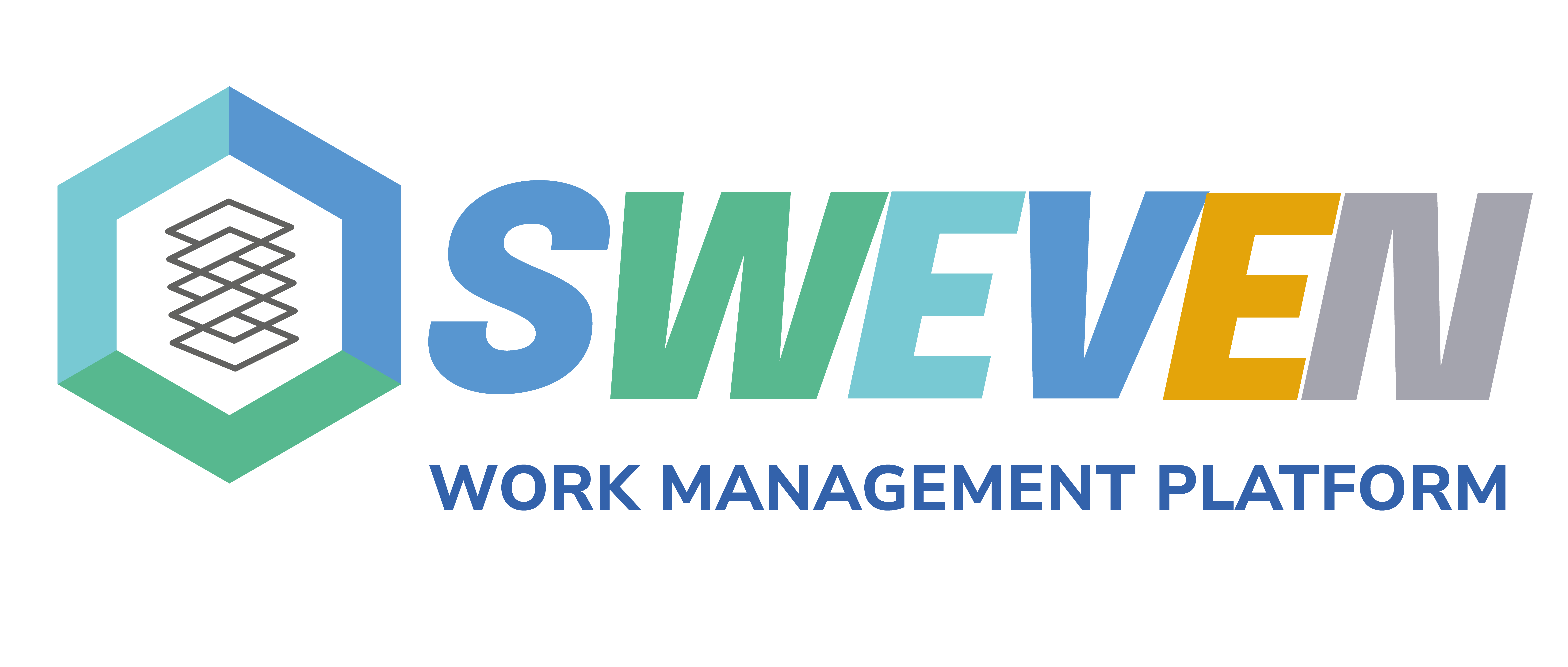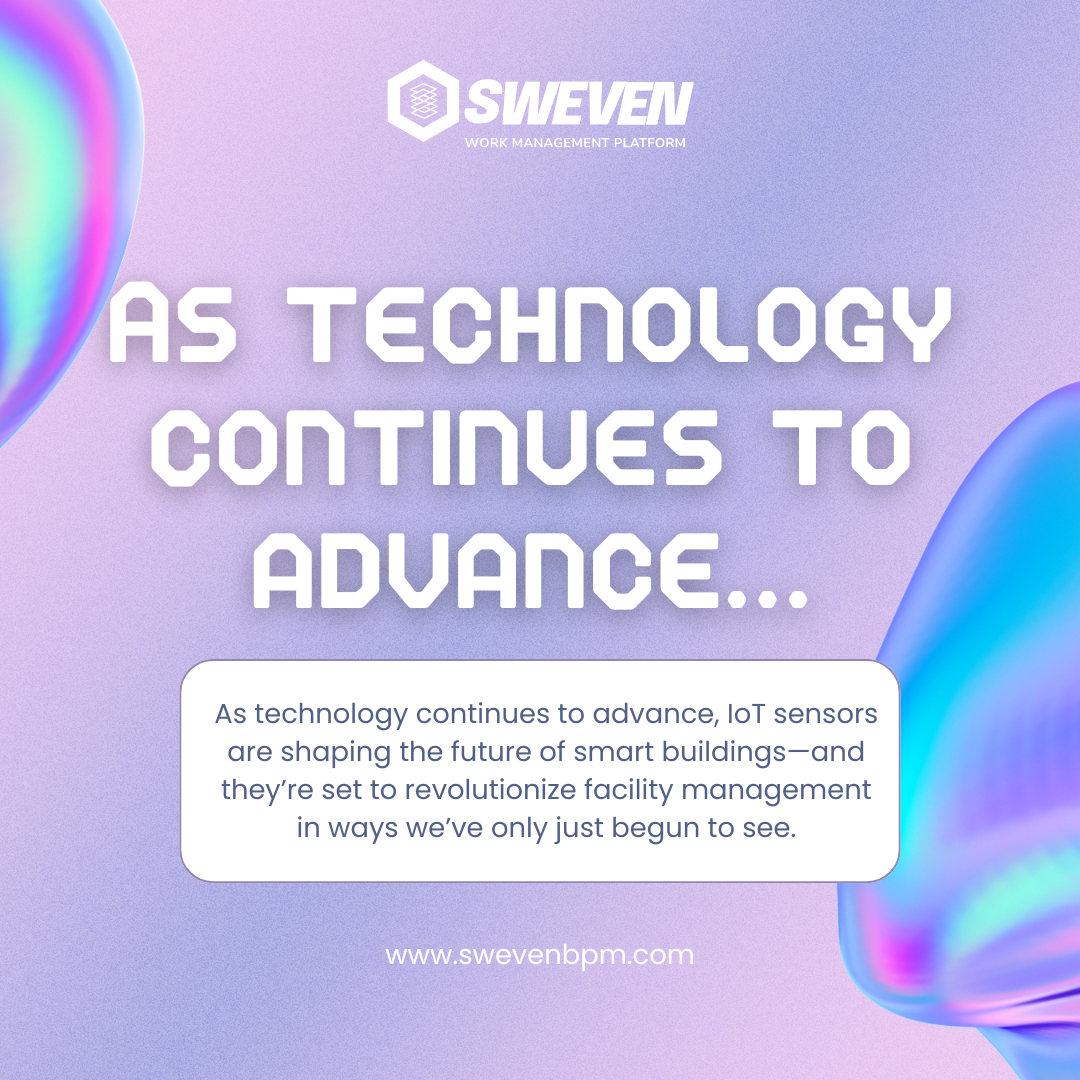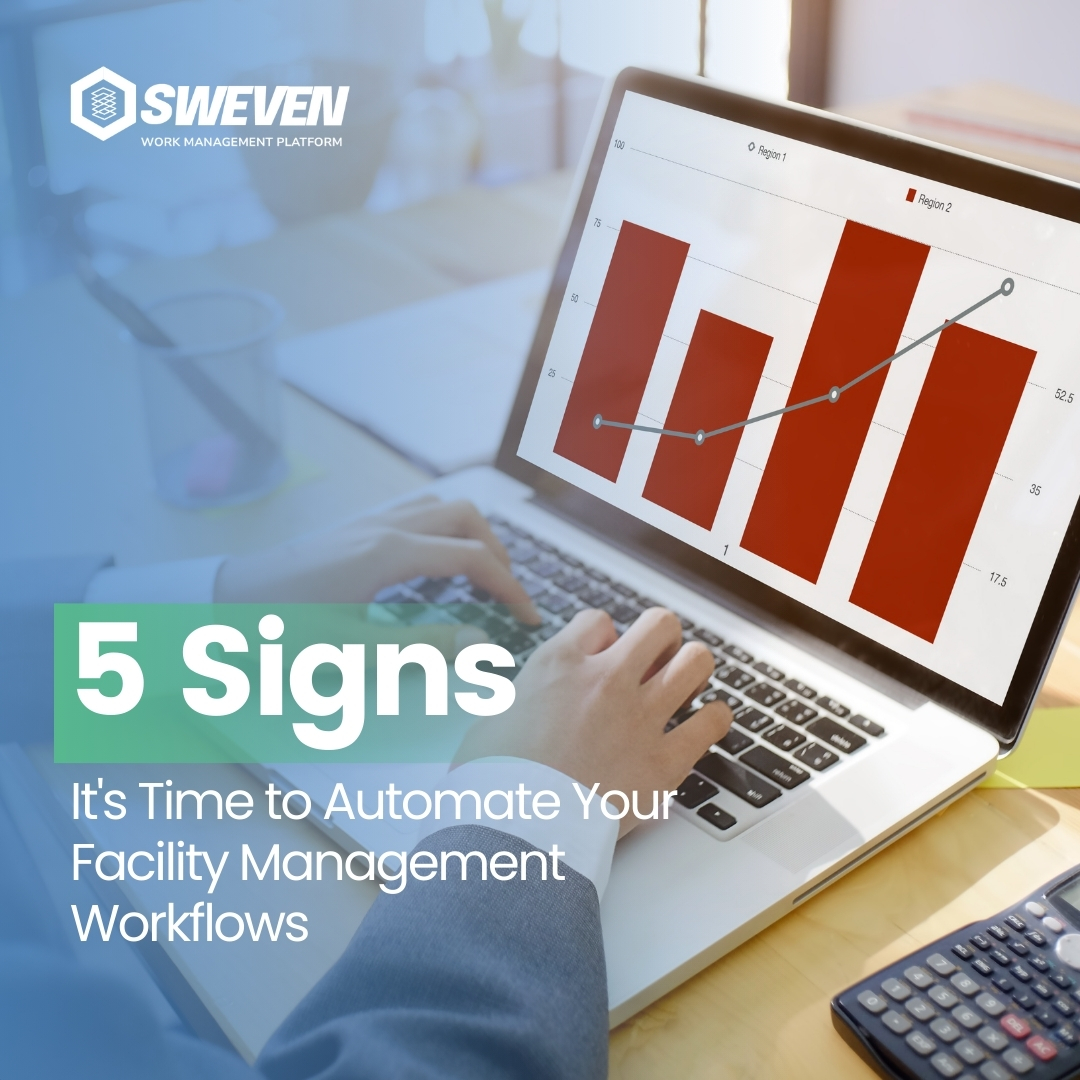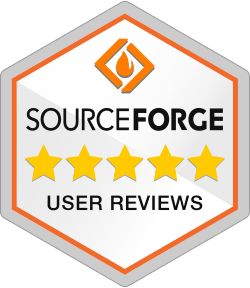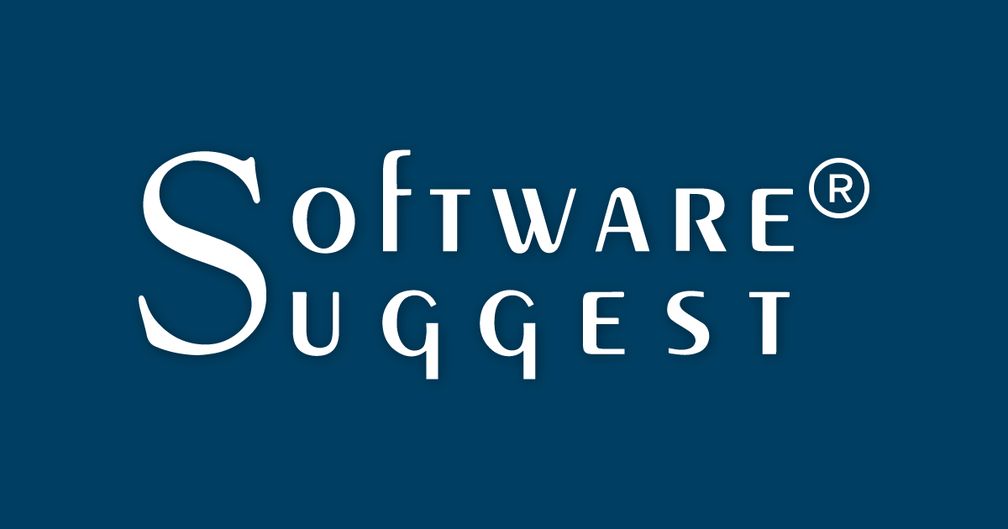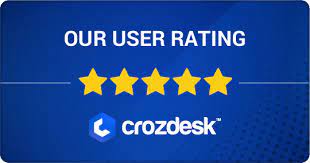In the intricate landscape of modern business, third-party vendors play a pivotal role in supporting operations, from supplying goods and services to contributing to the overall success of a company. However, with this reliance comes the responsibility to ensure that these vendors adhere to regulatory standards. Vendor compliance can be a complex and challenging aspect of business management, but implementing a robust vendor management program can streamline the process and alleviate potential headaches.
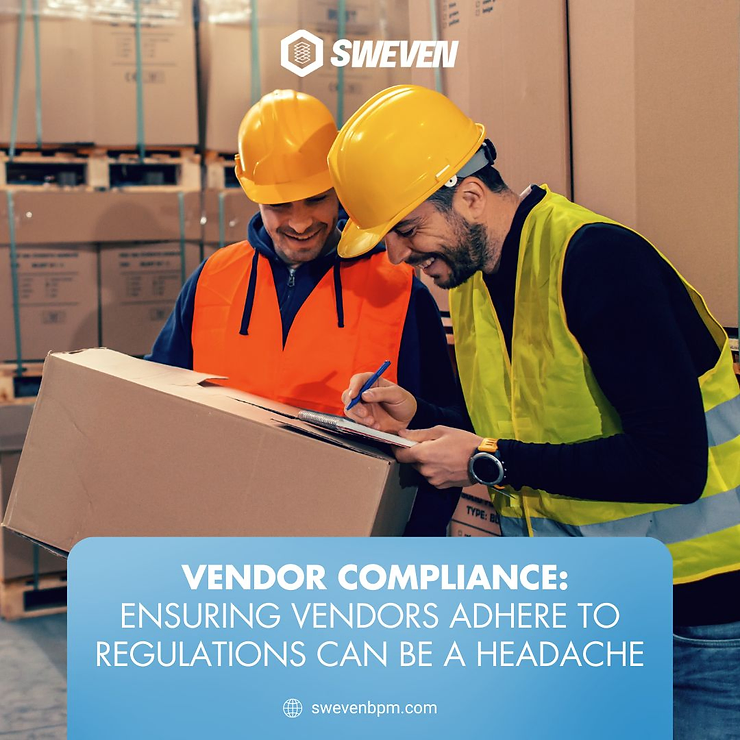
Understanding the Challenge:
Vendor compliance involves ensuring that external suppliers, partners, and service providers meet the regulatory requirements that govern your industry. Failure to manage vendor compliance adequately can lead to legal issues, reputational damage, and financial consequences. Many businesses struggle with the dynamic nature of regulations and the evolving landscape, making it imperative to establish a proactive approach to vendor management.
Building the Foundation: Clear and Detailed Contracts
The cornerstone of an effective vendor compliance strategy lies in crafting clear and detailed vendor contracts. These agreements should explicitly outline regulatory requirements, performance expectations, and consequences for non-compliance. By establishing a strong contractual foundation, businesses set the stage for a relationship built on transparency and accountability.
Regular Audits and Assessments:
Regular audits and assessments are crucial for verifying that vendors are adhering to the agreed-upon regulatory standards. Conducting these evaluations allows businesses to identify potential compliance gaps, assess risks, and take corrective actions promptly. Implementing a systematic audit schedule ensures ongoing compliance and mitigates the risk of regulatory violations.
Communication is Key:
Maintaining open and transparent communication channels with vendors is essential for addressing compliance issues proactively. Establishing a feedback loop encourages vendors to report any challenges they face in meeting regulatory requirements. This collaborative approach fosters a sense of shared responsibility, making it easier to address issues before they escalate.
Leveraging Technology for Automation:
Investing in technology and software tools can significantly streamline the vendor compliance process. Automated solutions can track and report compliance metrics, flag potential issues, and provide real-time insights into the status of vendor adherence. These tools not only enhance efficiency but also serve as a proactive measure to identify and resolve compliance issues promptly.
Training and Support:
Educating vendors on regulatory obligations is a crucial component of ensuring compliance. Providing comprehensive training programs equips vendors with the knowledge and resources needed to meet regulatory standards. Ongoing support and resources demonstrate a commitment to collaboration and help vendors navigate complex compliance requirements successfully.
Staying Ahead of Regulatory Changes:
The regulatory landscape is dynamic, with laws and standards evolving over time. To stay ahead of changes, businesses must remain vigilant and adapt their vendor management processes accordingly. Regularly update contracts, conduct additional training sessions, and modify audit protocols to align with the latest regulatory requirements.
–
Effectively managing vendor compliance is a multifaceted process that requires a proactive and holistic approach. By establishing clear contracts, conducting regular audits, maintaining open communication, leveraging technology, providing training, and staying informed about regulatory changes, businesses can mitigate the headaches associated with vendor compliance. A strategic vendor management program not only ensures regulatory adherence but also fosters strong, collaborative relationships with external partners, contributing to the overall success of the business.
